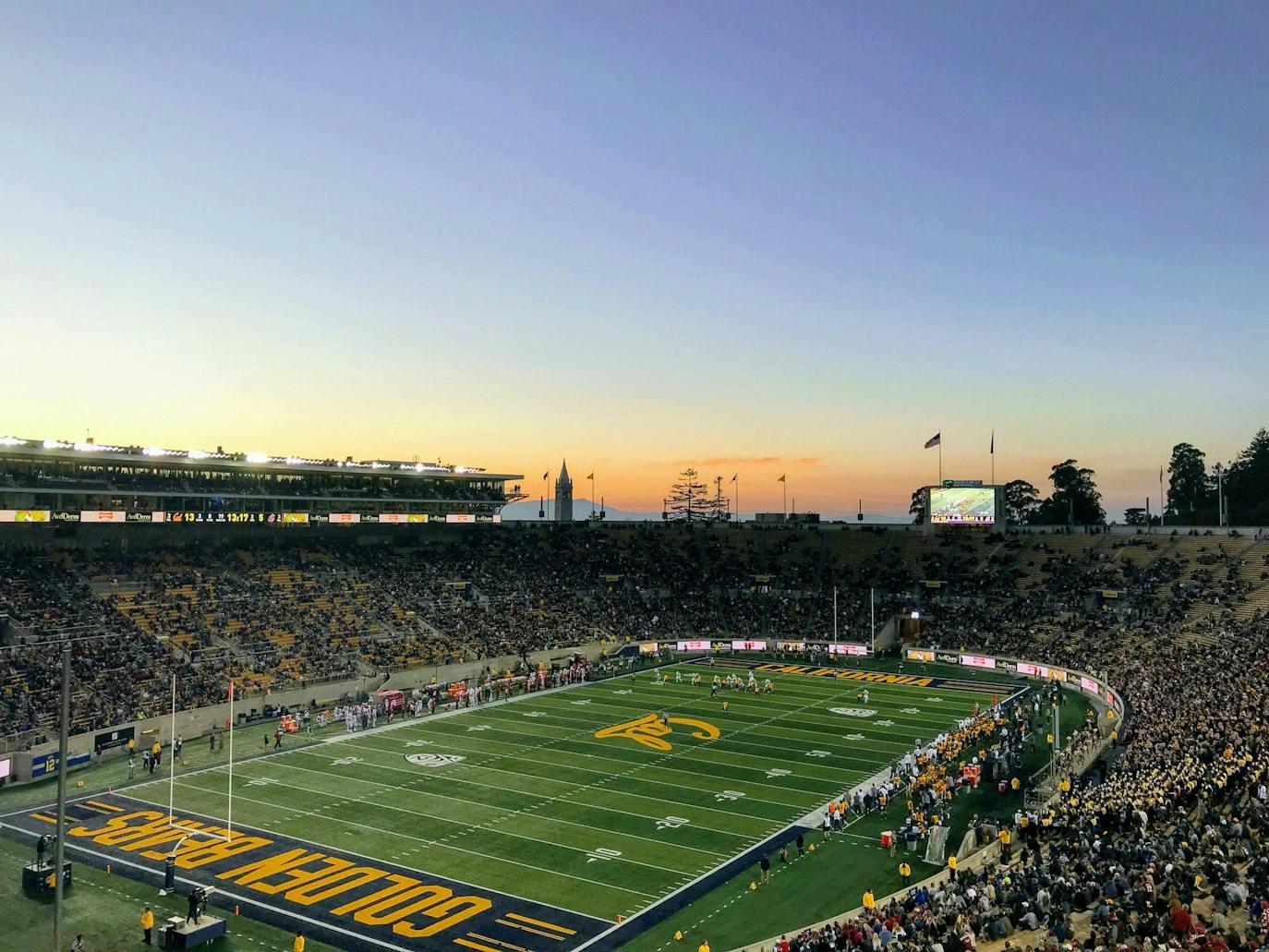How to be a Competitive Engineering Freshman Applicant for the University of California
Wei-Li Sun
Ask Ms. Sun
·
·
4 min read
Author description: This article was written by Wei-Li Sun, a UC admissions expert and creator of AskMsSun.com. Since 2006, Ms. Sun has been guiding students to the top UCs, such as UC Berkeley and UCLA. Her students are two to three times more likely to be admitted to a UC of their choice than the average applicant!
Coursework Requirements for UC Applicants
Students applying for freshman admission as an engineering major to the University of California campuses (UCs) need to have completed advanced coursework in both math and physics (such as AP Calculus AB and/or BC, one or both AP Physics C, or college courses in these subjects), as well as other advanced coursework related to their intended engineering major (for example, AP Biology for bioengineering, AP Chemistry for chemical engineering, or AP Computer Science for computer science/engineering).
You might think this feels like a lot of work. However, it’s essential because of how competitive UC freshman admission is, especially for engineering majors. To stand out from the tens of thousands of other engineering applicants, you need to demonstrate to the UCs that you are capable of succeeding in the kind of courses you will be required to take at their campus. If you are not enrolled in these sorts of courses during high school, then the UCs will have no way of predicting your capacity for success in your major at their campus.
In addition to boosting your competitiveness for admission, completing advanced math and science courses will also enable you to develop a deeper understanding and basic competence in the subject matter you intend to devote four years of your life to studying. This will KEEP you in engineering. Lack of proficiency in advanced math and science subjects will likely cause you to flunk out of your required major courses before you even fully settle into college life.
Keep in mind that very competitive UCs are shying away from engineering applicants who take a break from calculus during senior year (for example, if you completed AP Calculus BC in junior year and plan to take AP Stats in senior year). Taking a long break (more than a year) and then going directly into more advanced calculus in college (assuming you passed your AP Calculus BC exam with a score of 4 or 5) will almost certainly end in failure. To maintain your competitive edge and keep those math concepts fresh in your mind, make sure you enroll in the next level calculus course at a college during your senior year (and report the planned coursework in your UC Application).
You might also be wondering whether you can self-study or take non-accredited or non-credit courses, especially if your high school does not offer some of the advanced math or science courses. I generally recommend against that approach since the UCs won’t have any proof that you are learning the material, or have any way of holding you accountable for making such a claim. If you want to independently prove that you are learning the material, such as by passing an AP exam, I suggest taking the AP exam by the end of your junior year, thus allowing you to include the proof on the UC Application. For senior year coursework, the only way to be accountable is to take graded courses for credit to show the UCs that you are serious and committed. If you are taking a course and wind-up dropping it or flunking it, the UCs can cancel the admission offer.
Extracurriculars for UC Applicants
Outside of demonstrating academic competence, I also recommend that you extensively participate in extracurricular activities related to your intended major. Nothing says “I am committed to engineering” than devoting a significant portion of your free time over a long period to pursuing that interest.
If you lack advanced coursework in math and science, and/or sufficient activities to demonstrate your supposed interest in engineering, you should reevaluate your strategy or add those courses/activities into your schedule. If you are already taking advanced coursework and/or participating in engineering-related activities, consider bolstering your competitive edge with additional coursework and more in-depth involvement. However, be realistic in balancing your schedule - a massive burnout in the middle of high school is not going to do you any good!
Read applications
Read the essays, activities, and awards that got them in. Read one for free!

Indiana Vargas
Harvard (+14 colleges)

Erick Angelo Ramirez
Stanford (+34 colleges)

Isabella Allydice
Stanford (+9 colleges)
Related articles
10 Fun and Interesting Facts About Stanford University
Nestled in the heart of California's Bay Area, Stanford University is an exceptional American university. Here are 10 interesting facts you may not have known about the school!
How Long do College Applications Take?
Writing college applications can be a time-consuming and laborious process. It’s thus important to ensure you understand how long this process takes, so you can give yourself adequate time to write your essays and fill out your Common Application. In this article, we’ll discuss how long college applications (and receiving a decision) takes!

